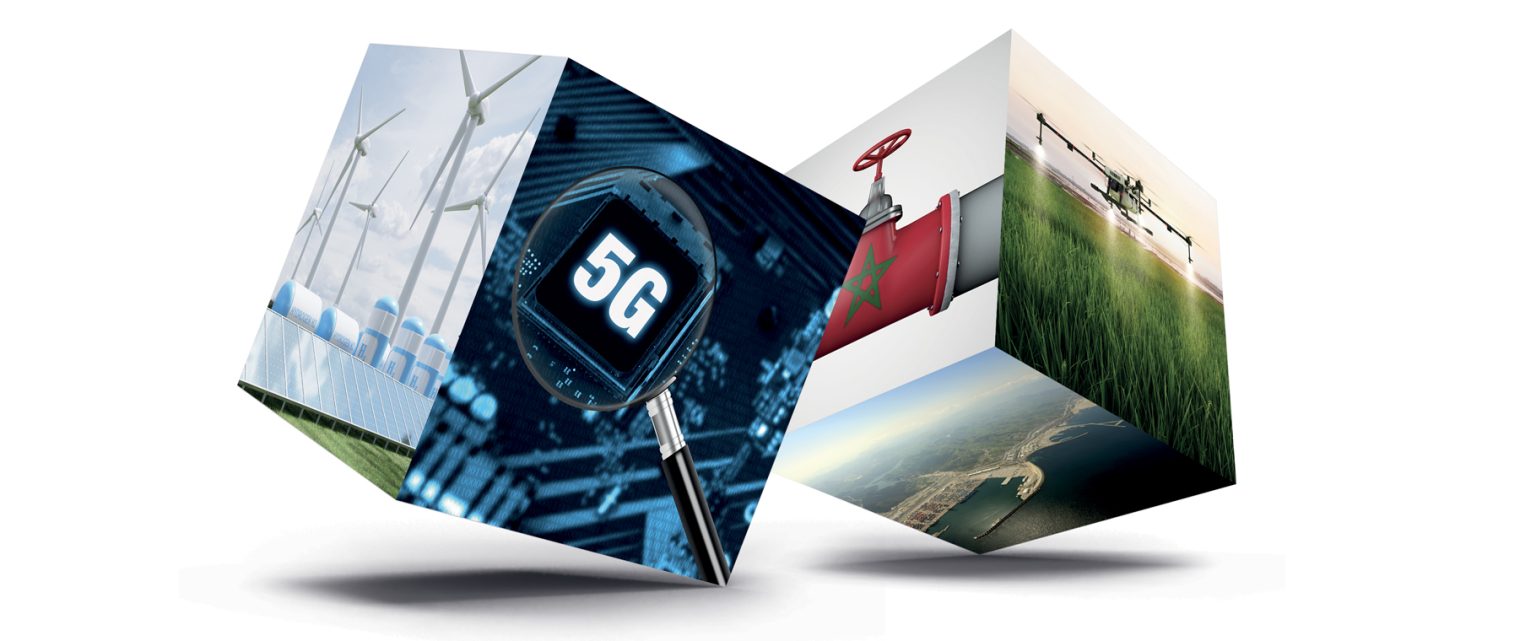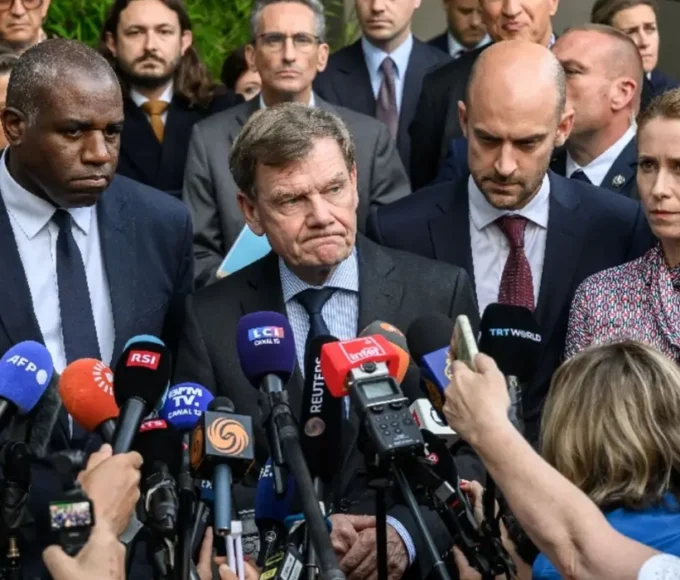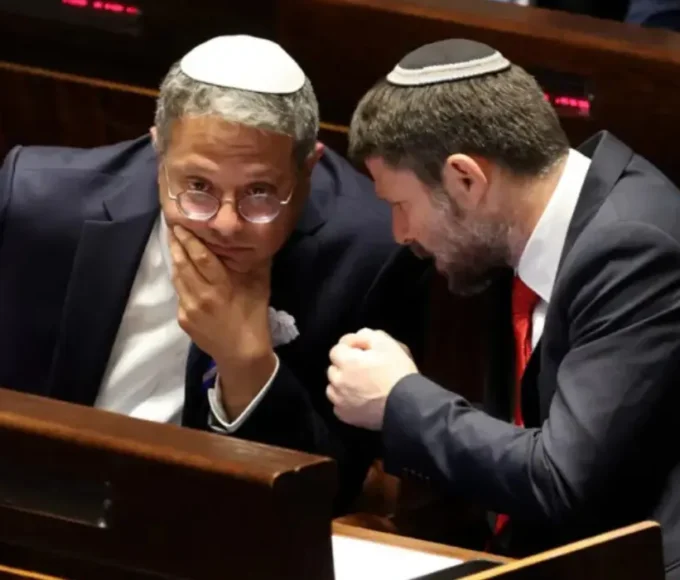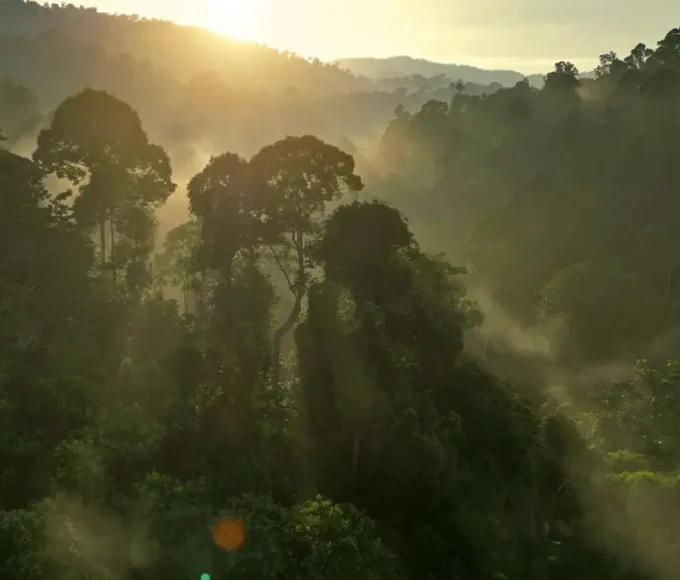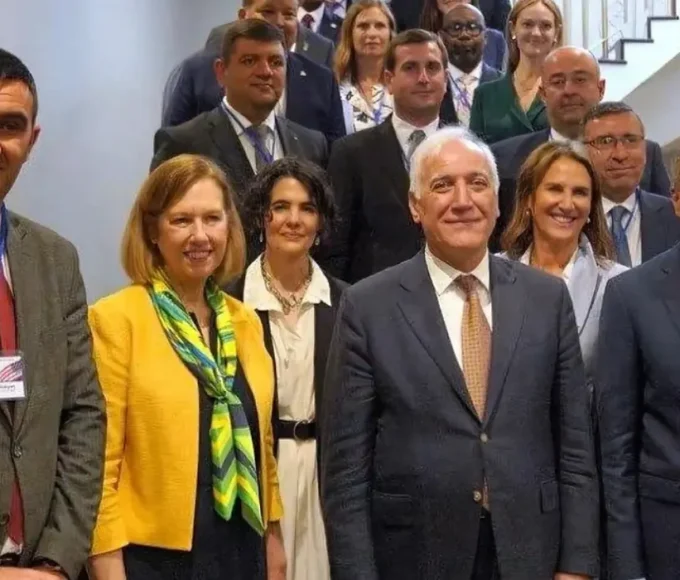Morocco is on a new path. A noticeable change of course in diplomacy, economy, defense and even at the social level. The first signs of the emergence of a power in the making.
New heading. Slowly but surely, the ship Morocco begins a strategic shift. To the point where, when we talk about the Kingdom, we are more hesitant to associate it with the qualifier of “regional power”. And sometimes even power. It is because Morocco is asserting itself on the international scene and, above all, is also advancing very quickly.
Since the signing of the tripartite agreement in December 2020 with the United States and Israel, a lot has changed. And not only in the diplomatic field. The Rabat-Washington-Tel Aviv axis was further strengthened with the recognition, on July 17, by Israel of the Moroccanity of the Sahara and its decision to open a consulate in Dakhla. The decision is sure to be emulated, and all eyes are now on the UK. Either way, it’s an irreversible process. A hundred states around the world now support the Autonomy Plan.
The head of diplomacy now evokes, while weighing his words – his function requires – “Morocco today” and, implicitly, a change of “doctrinal” order. This Morocco which now chooses its partners. Some European countries have understood this and acted accordingly. Elsewhere, especially in Africa, Morocco is seen as a force for integration. Since it rejoined the AU and after having succeeded, with its allies, in cleaning up its bodies, the Kingdom is now a player in regional integration.
It is true that its application for membership of ECOWAS took time, although being officially still under study, the initiatives it has taken since go far beyond this regional space. The Morocco-Nigeria Gas Pipeline project is likely to create a regional community of 13 countries. The Atlantic African States Process goes much further, with a grouping of no less than 23 African States which represent 46% of the African population, concentrate 55% of African GDP, carry out 57% of continental trade and harbor huge natural resources. It is no secret that through this initiative the United States is now considering its partnership with a global Africa. After Rabat, the second meeting of this process was held in New York and saw the launch of the Action Program to enable member countries to achieve their common objectives around strategic priorities. The third has just taken place again in Rabat.
Cascading investments
Morocco is today seen by a number of countries, including the powers of the world, as a link, a bridge and even an obligatory passage, towards Africa, a large market in the making, but also towards the States States, a country with which it signed a free trade agreement, which entered into force in January 2006, and whose strategic interest is well established. The same can be said with the European Union to which the Kingdom is bound by an association agreement. The cascading announcement of investments, mainly in the new economy, attests to this reality.
China has just announced electric mobility projects worth tens of billions of dirhams. The investment commission has just, a few days ago, validated projects in the field of electric mobility for an investment of 22.5 billion dirhams. Four other projects, having acquired a strategic nature, are still under study and should relate to a potential investment of around 114 billion dirhams, which should allow the creation of approximately 16,000 direct jobs and around a hundred thousands indirect.
Essential Morocco
The United Kingdom, Germany, Belgium, Denmark, among others, are interested in renewable energies and green hydrogen. With the adoption of a new Investment Charter and relying on a solid infrastructure network, the Kingdom can already see itself as a recipient of foreign investment. It is, it should be noted, today second in Africa, after Egypt, in terms of attracting FDI. In the very near future, it will undoubtedly rise to the top rank.
The Kingdom is gradually becoming unavoidable. Essential as a new player in electric mobility and green energy. Essential to guarantee food security, in the continent, but also in the world. Essential in the fight against terrorism and extremism and in regional security. Essential for the access of economic operators to the African market. Essential as a maker, or at least as a dynamo, of regional peace and stability. Its geopolitical positioning is becoming stronger day after day.
Without really noticing, it is the new development model, desired by the Sovereign, which is being put in place. A project that the government is working on with dedication, despite the difficult context and the vagaries of the economic situation that it has had to face since its inauguration, in addition to the enormous delays accumulated in recent years in several areas that it undertakes to catch up. With method and determination, and following the royal guidelines to the letter, the Akhannouch government is in the process of solving the water problem – the desalination-irrigation-technology triptych adopted is already proving to pay – to complete the process of regionalization progress, to establish territorial equity in terms of health, education and training, investment and industry and local development.
A military power that imposes itself
This is an observation that no one escapes. Morocco has undertaken, for several years, to modernize and develop the Royal Armed Forces. This observation is not only perceptible in the quality and the technological advance and the power of the weapons which it has recently acquired. The change is more profound, it relates to training, development, professionalization, interoperability and operationalization. The FAR have thus taken a very advanced step in their preparations for the wars of tomorrow. This is reflected in the nature of their equipment, drones, communication, information and intelligence devices, air defense system, cybernetic defense system, control and surveillance of territorial waters and obviously reinforcement of land and air forces. Participation in various peacekeeping missions, the multiplication of military exercises with allied armies, the signing of strategic defense agreements, the advanced partnership with NATO, all this and much more has contributed to raising the level of preparation of the Royal Armed Forces. And in their concern for professionalization and projection towards the future, the FAR now integrate the “Foresight” dimension into their functions. In this sense, the Sovereign has just decreed the creation of a Royal Center for Defense Studies and Research. At the same time, the Kingdom has just put in place the first milestones of a future military industry which already looks promising.
This article is originally published on lavieeco.com


